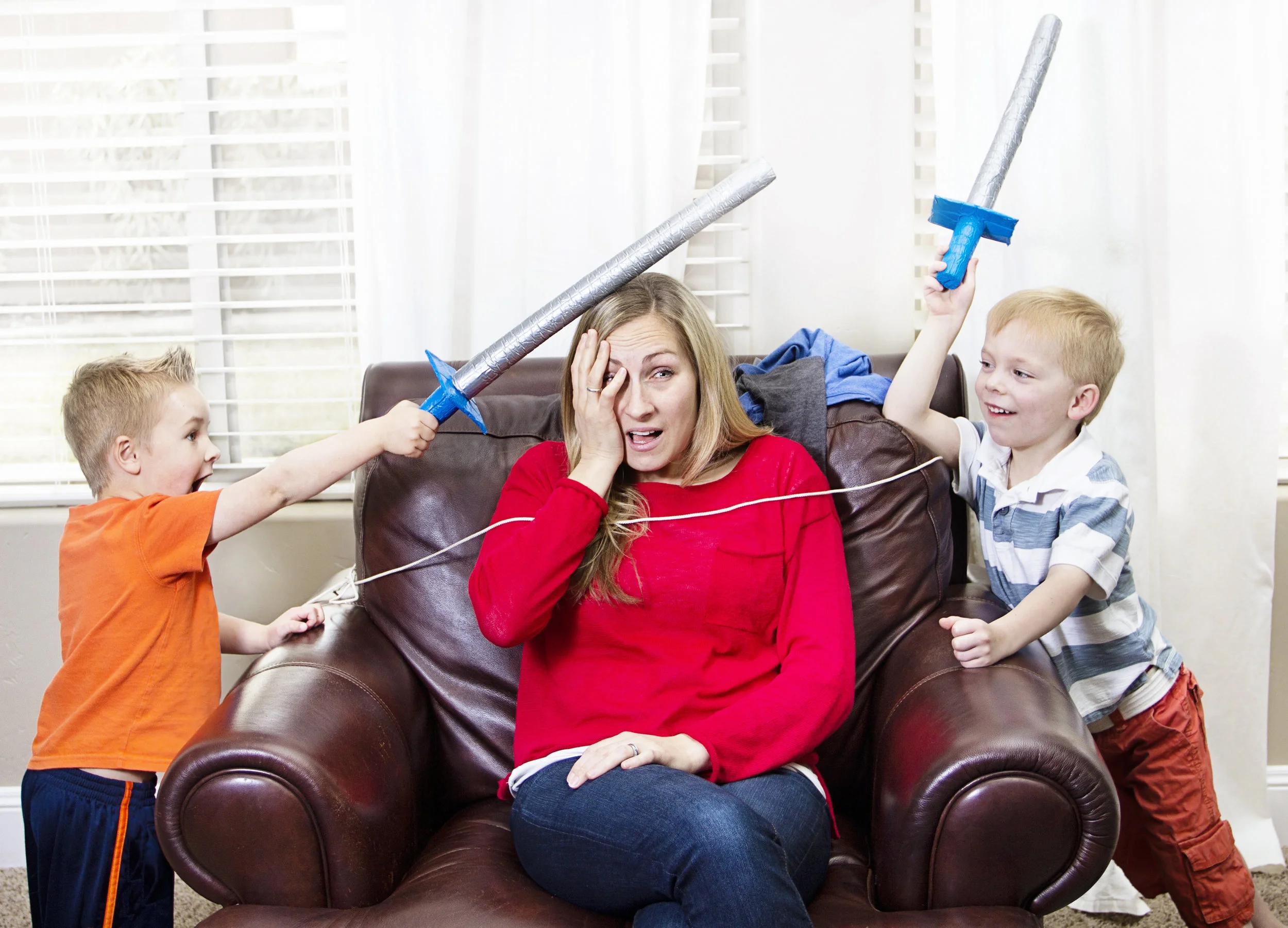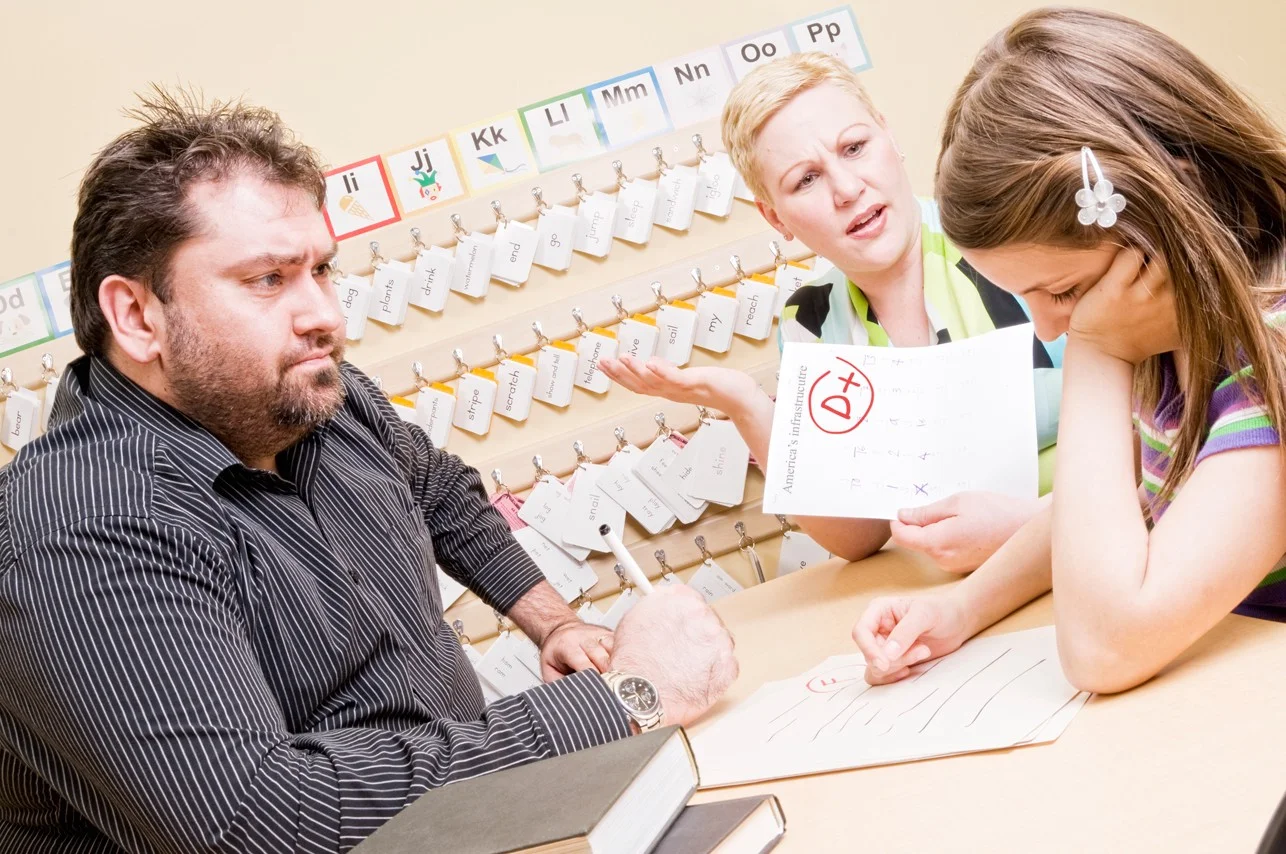Does parenting a child with ADHD stress you out? It does for me, at times. While I know it’s hard to manage your anger when things feel like they’re spinning out of control, the following tips will help you as a parent manage your anger and move toward a better outcome for both you and your child.
Raising the Consistently Inconsistent Kid
One way you can identify your child’s lagging skills is by asking yourself the following question: “What is getting in the way of my child’s success?” Start by trying to figure out what the overall reasons are for your child’s inconsistency. Some kids freak out about timed events or tests. Some can’t handle peer pressure. Some don’t understand social boundaries. Some don’t know what to do when they make a mistake, and they fall apart and blow the rest of the race, recital, test, etc.
There is Always a Label
People resist diagnoses and labels, but sometimes we need to reframe our thoughts. If the label says that the kid is not willfully being difficult, that he is doing his best but that he cannot boss his body. Then isn’t that a better way to think of someone than to think of them as difficult or challenging?
Everyone is Working on Something
If you are the parent of one of these unique kids, the negativity is probably starting to get to you. These criticisms may be making you feel stressed, frustrated, or even ashamed by your child’s behavior. Even though, deep down, you understand that change and growth takes time, you wish you could do something that would make your child “fit in” now so you didn’t have to watch your child struggle with the pain of being different.
The Little Red Table
I dreaded reading time. By the second grade, I had a problem: I was in the slowest reading group. Each reading group sat at a colored table. These primary colors were like banners announcing each student’s reading level. Blue was for the best readers. Yellow was for mid-level readers. And red was for the slowest readers.
A Castle with Walls Too Thick to Penetrate
Avoidance is a sign. Not a sign that the child does not care. Or a sign that he lacks motivation, is resistant, or is just uninterested in having friends, but a sign that he does not know how to break down the barriers so he can participate, or “join in”. Without a roadmap or help with his social plan, children and teenagers often shut down.
Madame Ruggles
Kids will have so many different teachers throughout their young academic years – all with different teaching styles, different ways they relate to each child, some in their first years of teaching, some growing close to retirement, some good, and some bad. But we’ve all heard the stories about the one teacher that made a difference, and they may not have even known it.






